Computer Science
The Key Stage 3 curriculum at Florence MacWilliams emphasises the development of both procedural and declarative knowledge within the 3 key concepts of digital literacy, ICT, and computer science. Students not only learn practical skills and procedures, known as procedural knowledge, such as how to use software applications, write code, and secure networks, but they also acquire conceptual understanding and theoretical knowledge, known as declarative knowledge, about the underlying principles and concepts in technology.
As students engage with various topics, such as hardware components, data representation, programming, and cyber security, they not only learn the step-by-step procedures for performing tasks but also gain a deeper understanding of the principles and theories behind those tasks. For example, while learning programming essentials and Python programming with sequences of data, students not only learn how to write code and solve problems procedurally but also develop a conceptual understanding of algorithms, data structures, and programming paradigms, enriching their declarative knowledge.
Similarly, as students explore topics like network fundamentals, cybersecurity threats, and data science techniques, they not only learn practical procedures for securing networks and analysing data but also gain a conceptual understanding of network protocols, encryption methods, and statistical algorithms, deepening their declarative knowledge in these areas.
By integrating both procedural and declarative knowledge throughout the curriculum, we ensure that students not only acquire practical skills for using technology but also develop a strong foundation of conceptual understanding, empowering them to apply their knowledge in real-world scenarios, think critically about technology issues, and adapt to new technologies and challenges in the future.
Digital literacy: the ‘skills and knowledge required to be an effective, safe and discerning user of a range of computer systems’. It covers a range of knowledge and skills, such as using physical devices or knowledge of the features that are likely to mean digital content is reliable.
Information communication technology: provides a context for the use of computers in society. It focuses on how computers are used in different sectors. 2 content areas of information technology: digital artifacts and computing contexts. Digital artifacts are digital objects created by humans. Knowledge of computing contexts chronicles the history of the discipline and explains how computing is used in the modern world.
Computer science covers knowledge of computers and computation, including concepts such as data, system architecture, algorithms and programming.
